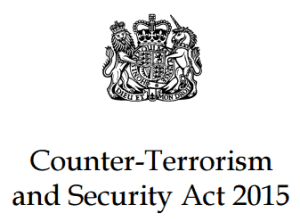Newsbites 25th November 2015
Some news updates that might have passed you by are listed with brief synopses and links to the sources are shown below:
News/guidance/policy
19 November, 2015
In his second monthly commentary Sir Michael Wilshaw looks at the role that governance plays in an increasingly autonomous education system. Wilshaw launched a call for evidence for anyone who has views and experience to contribute to inform a piece of work about the effectiveness of governance in schools.
16 November, 2015
Ofsted’s senior structure.
2 November 2015
At the Closing the gap: test and learn event, almost 50 teachers shared their school-led research. Robin Hall, school-based research and development manager at NCTL, explains more about the project
17 November 2015
The BBC is reporting a new study that suggests children who eat a healthy breakfast are more likely to do well – up to twice as well – in end of primary school assessments than those who do not. The full report published in Public Health Nutrition can be found here.
20 November 2015
The ASCL School Leaders Survey has revealed that school leaders are facing intense budget pressures and are considering making cuts to both teaching and non-teaching positions over the coming year as they look to manage their budgets.
15 November, 2015
The study involving more than 10,000 secondary school pupils shows that:
- 30,000 fewer children in England now face the fear of bullying compared to 2005
- robbery between pupils has halved – last year just 1% of children reported being robbed
The full study Bullying: Evidence from LSYPE2- wave 2, can be found here.
15 November, 2015
A comparison of reported instances of bullying in 2005 and 2014.
12 November, 2015
Academisation is unleashing innovations across English schools, liberating teachers and driving up standards.
5 November 2015
Guidance on pupil exclusions that was withdrawn eight months ago has yet to be updated by the Department for Education.
13 November 2015
The Independent is reporting that bidding wars between schools mean sought-after teachers are being paid up to £10,000 extra as headteachers compete to attract or retain the best staff.
10 November 2015
The TES is reporting that public health experts are calling for “fat letters” – in which teachers write home to parents to tell them their child is overweight – to be scrapped or reformed.



